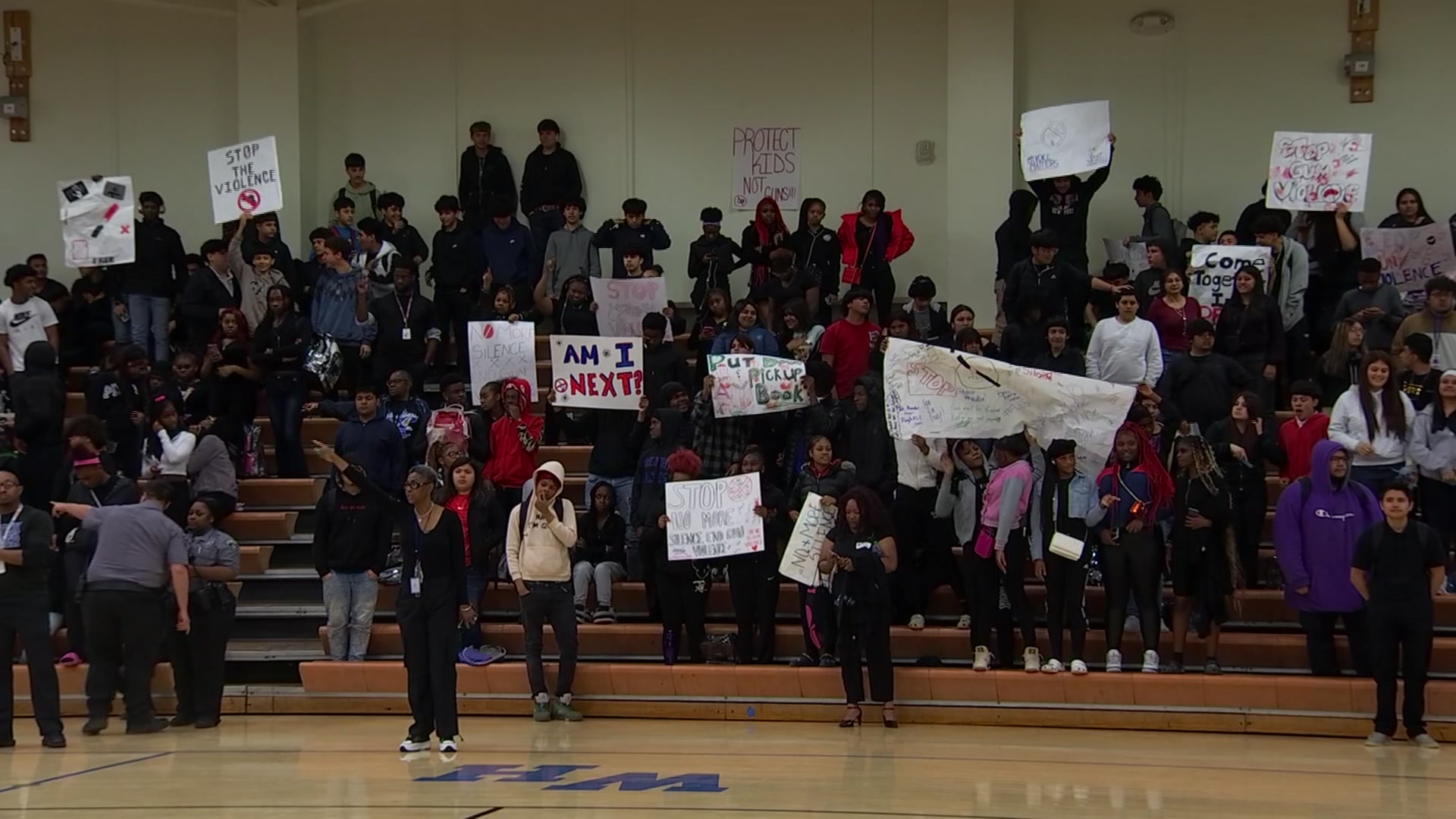Science into concussions and brain injuries has made big advancements in recent years.
Researchers have discovered that keeping the brain working while it's healing from a big blow can help it recover faster, and a Fort Worth teen said she's proof hard work can yield big results.
Jordyn Hughes, 15, is no stranger to tough competition, which is why the second-degree black belt decided to join her school's wrestling team last year.
"Your adrenaline is pumping, but you take that hit to the head or to the shoulder and it's a wave of pain to your body. You have to ignore it and keep going," Hughes said.
However, those hit to the heads resulted in three consecutive concussions, and the symptoms, like headaches, dizziness, memory loss and balance issues, plagued every day life.
"It was just really difficult, from the lights, to the noise, to the work during school. It was just really hard," Hughes said. "Even my home life, like hanging out with friends, was a challenge."
Years ago, doctors would have told her to take it easy and sleep it off, but experts said research has shown staying active is key and that Hughes needed to "retrain her brain."
Local
The latest news from around North Texas.
"We know that the brain needs activity in order to heal, much like a muscle needs gradual activity in order to heal. The idea is to take patients through gradual changes each week in order to take them through a pace they can handle," said SporTherapy physical therapist Kathleen Pollan, who worked with Hughes every week for six months.
She worked with Hughes on various exercises that focused on her symptoms, such as pencil pushups to help with eye stabilization and blurred vision, and foam board balance exercises.
"The idea is to practice things that are difficult in order to make brain changes and adapt," Pollan said.
While Hughes worked hard in her sessions, she worked just at hard at school, even earning awards for making straight A's.
It took six months, but today she is back to baseline.
A Cleveland Clinic study shows high school girls are 56% more likely to get concussions than boys in the same sport.



